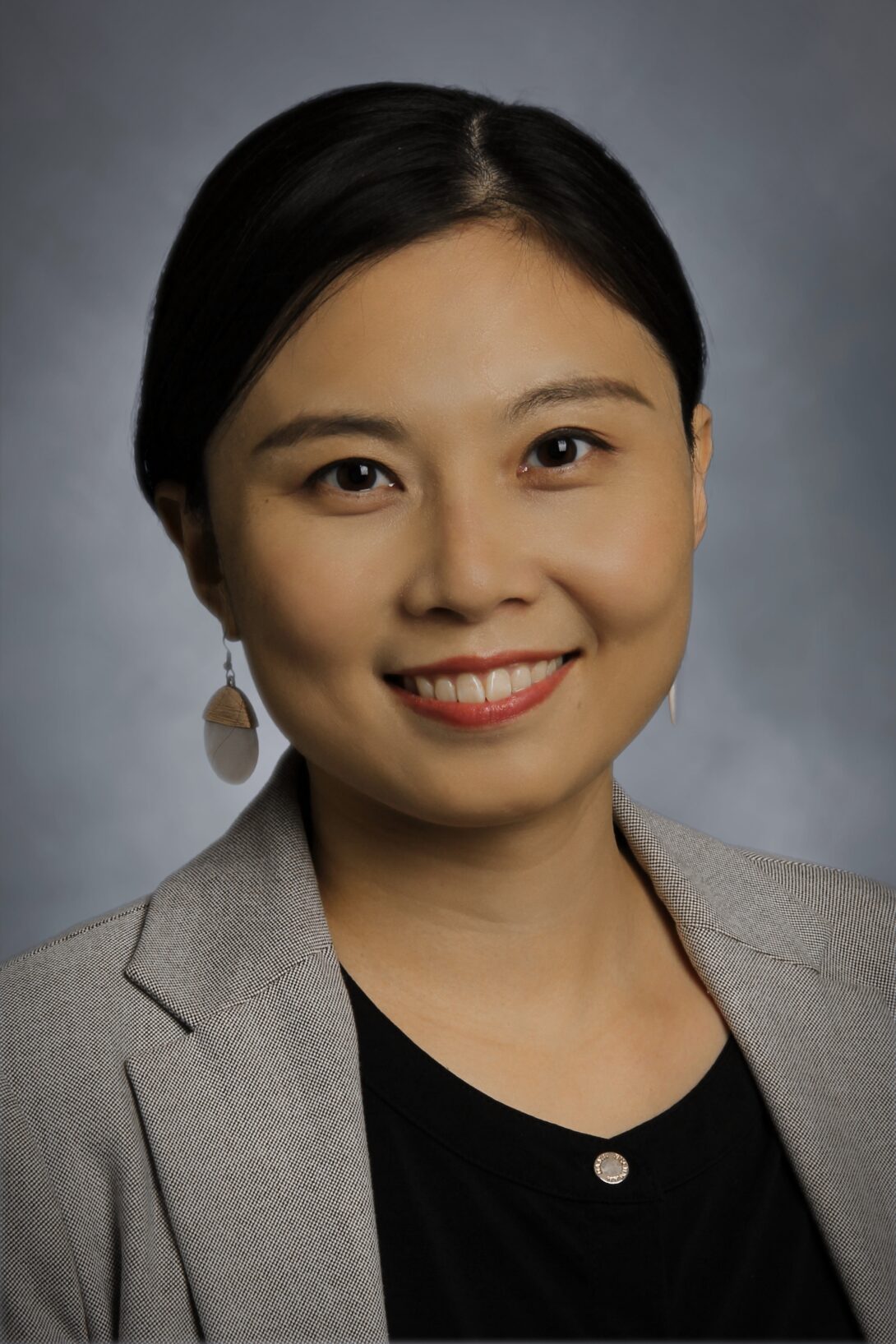UICOMR researcher studies health disparities in autism experienced by racial and ethnic minority families
UICOMR researcher studies health disparities in autism experienced by racial and ethnic minority families Heading link

Yovia Xu, PhD, is exploring innovative methods of leveraging technology to address health disparities experienced by racial and ethnic minority families of young children with Autism Spectrum Disorder thanks to a $600,000 research grant from the Department of Health and Human Services Administration for Community Living. Dr. Xu is a University of Illinois College of Medicine Rockford clinical assistant professor and the Health Disparity Course director in the Department of Health Sciences Education.
“One in every 44 children in the US has autism,” says Dr. Xu. “Among them, racial and ethnic minority children often experience a cascade of disparities ranging from late diagnosis, lower quality of care, and language barriers.”
Programs that include workshops and home visits to teach parents about ASD and strategies and resources to help them and their children in a culturally competent way have shown promise in creating better outcomes for these families. However, low-resource families often have competing priorities that make it difficult to schedule hour-long weekly sessions. The “Parents Taking Action eHealth Adaptation and Pilot for Latinx, Black and Chinese Families of Young Children with Autism” is a three-year project aiming to address challenges in delivering evidence-based parent training to underserved racial and ethnic minority families through online platforms. The objectives of the study are to adapt three culturally tailored versions of the Parents Taking Action Program for families of children with autism age 2 to 8 into bite-sized online learning content, and to evaluate the feasibility, acceptability and preliminary evidence of efficacy of the adapted interventions. These interventions will be in English for Black families, in Spanish for Latinx families, and in simplified Chinese for Chinese families.
“Technology is often viewed as a double-edged sword when it comes to health disparities,” says Dr. Xu. “It may contribute to the digital divide given the cost of laptop and desktop computers. Meanwhile, research has also documented the unique potential of mobile technologies in reducing health disparities because of its extensive use among racial and ethnic minority communities.”
To ensure the feasibility, acceptability and implementability of the study, a community advisory board consisting of parents of children with autism, autistic self-advocates from the three target communities, and technical experts will oversee the process of adaptation and pilot evaluation. The community advisory board will also help ensure cultural appropriateness of the adapted intervention.
Dr. Xu will serve as the principal investigator of the project, partnering with leading experts in health disparity and autism, including Dr. Sandy Magaña, Dr. Sarah Dababnah, and Dr. Sandra Vanegas, medical instructional design expert Dr. Max Anderson and the Department of Biomedical Visualization at the UIC College of Applied Health Sciences. Dr. Xu also will work with UICOMR medical students Tatiana Betancur Giraldo (M3), Chloe Rong Qiu (M2), and Nathan Alldritt (M2) on this project.
The project is funded by the National Institute on Disability, Independent Living, and Rehabilitation Research, a Center within the Administration for Community Living, Department of Health and Human Services.